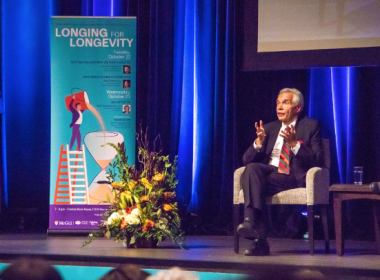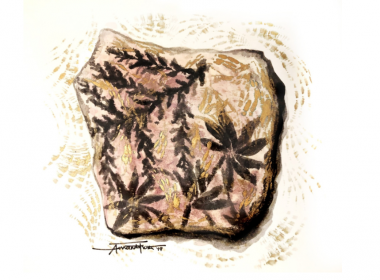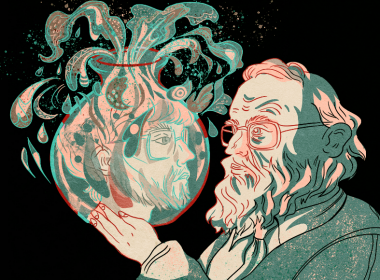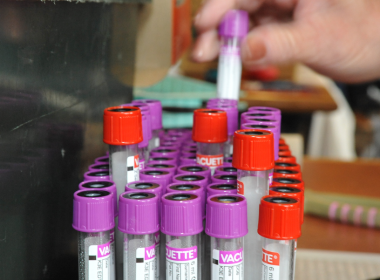The 2019 Trottier Public Science Symposium, hosted by the Office for Science and Society from Oct. 22 – 23, addressed the unavoidable process of aging in a presentation titled “Longing for Longevity.” The second night featured keynote speakers Joe Schwarcz, director of the office, and psychosexual therapist and author Ruth[Read More…]
Science & Technology
The latest in science and technology.
Leaping into the sixth mass extinction
Environmental scientists believe that most animal groups today are facing global population declines. The magnitude of the declines is so great that many are referring to this as the beginning of the sixth mass extinction. Amphibians are one of the most affected groups: Their estimated extinction rate since 2007 is[Read More…]
Searching for the first stars
Astrophysicist Jeff Peterson of Carnegie Mellon University delivered a lecture on Oct. 9 about the quest to study ‘cosmic dawn,’ the ‘turning on’ of the very first stars in the universe. Estimated to have occurred 150–300 million years after the Big Bang, physicists have sought to study signals from this[Read More…]
Uncovering past climates through paleobotany
Paleontology has long offered scientists insight into the mysteries of prehistory. Through excavations of colossal skeletons, petrified insects, and fossilized plants, researchers can uncover what life looked like long ago. Despite the extensive study of animals from the Cretaceous period, which stretched from 145.5 million years ago to the dinosaur[Read More…]
E-cigarettes could be the next big public health epidemic
McGill students are no strangers to plumes of e-cigarette vapour, whether it is in class, at McLennan, or on the sidewalk. Created in 2004, vapes imitate the sensation of smoking and are often marketed as being completely safe. E-cigarettes have surged in popularity in the last few years, due in[Read More…]
Searching for the Fountain of Youth
Montreal community members crowded into the Redpath Museum Auditorium on Sept. 27 for a Freaky Friday lecture. In the talk, Professor Joe Schwarcz, Director of the McGill Office for Science and Society, discussed humanity’s historical attempts to delay aging. “Nobody looks forward to getting old,” Schwarcz said. “Historically, there has[Read More…]
The strongest-ever hurricane in the northeast Atlantic
After developing off the coast of West Africa in late September, Hurricane Lorenzo took 11 days to reach the west coast of Ireland and the UK. In addition to record-breaking heavy rainfall, Lorenzo wrought major damage on the British Isles and other places lying along its path, like the Azores.[Read More…]
A new era of precision medicine to start at McGill
There are three things that get doctors jazzed up: Sleep, coffee, and precision medicine. Caricatures aside, the next stage of medicine will likely include increasingly accurate diagnoses and personalized treatments that consider patients’ genetics, known as precision medicine. Large tissue sample collections and big data on tissue donors have been[Read More…]
Fact or Fiction: The impact of hunting on animal populations
Hunting has often been suggested as an effective means of controlling animal populations. Yet, hunting can be beneficial in some instances and harmful in others. Hunting can actually help fund conservation: In the US, hunters generate millions of dollars for conservation efforts through excise taxes and licence fees. In Sub-Saharan[Read More…]
Small but mighty: Arctic bacteria are capable of cleaning up oil spills
Historically impassable, the ice cover of the Northwest Passage along Canada’s Arctic coast has thinned over the past few years, piquing the interest of the shipping and luxury cruise industries. This thinning, along with Arctic drilling, makes the legendary frozen passage particularly susceptible to oil and fuel spills. To combat[Read More…]















